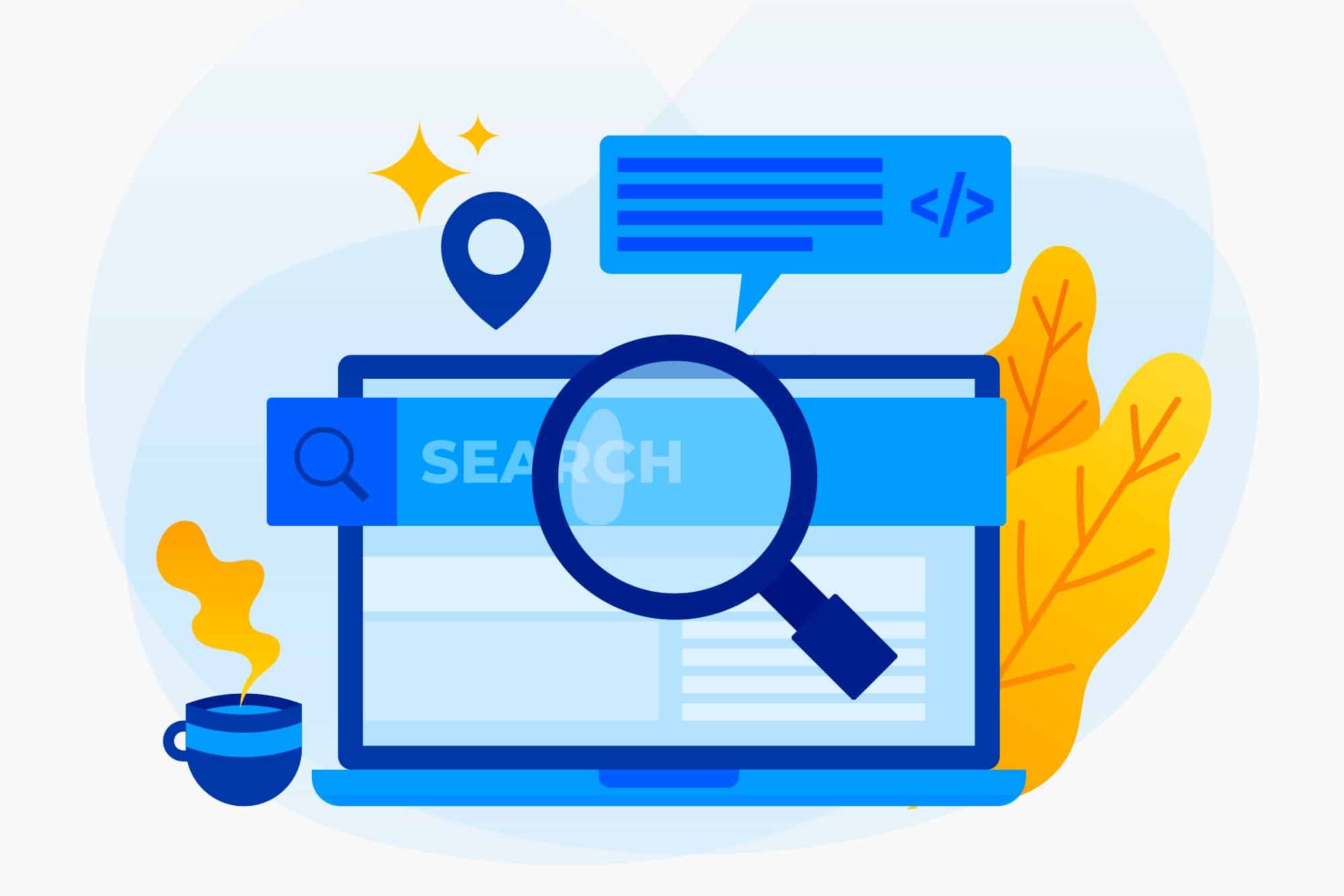Search engines are the backbone of the internet. You need them to find information, and they’re full of it. But did you know there’s a way to get that information without clicking through search results? It’s called scraping.
Scraping is extracting information from online sources like websites, social media profiles, and blogs. This guide will show you how to scrape search engines like a pro, noob style.
About Search Engines
Search engines are a way of searching for information on the internet. They work by using keywords and phrases to find pages that are relevant to what you’re looking for.
Search engines like Google, Bing, and Yahoo! use “spiders” to crawl through the web and collect information about what’s on it. They also use algorithms that consider where you are, what you’ve searched for before, and whether you’ve been to sites related to your search.
Search engines can help people find what they need quickly and easily, hopefully without the help of an assistant or librarian.
Most Popular Search Engines
Alexa did a study that found that Google, Bing, Yahoo!, DuckDuckGo, and Baidu are the top five search engines. The number of people who use each search engine tells us what order they are in.
Google is the most popular search engine because it gives relevant results quickly and easily. It also has a huge list of sites it can quickly access from a database. Bing is in second place because it has services similar to those of Google.
DuckDuckGo is an interesting one because it doesn’t track your search history or personal information like other sites do. You can also use DuckDuckGo to search without having to sign in first. This means that no one can see what you’re looking for online.
Yahoo! isn’t as popular as it used to be, but many people still use it, so don’t write it off just yet. Baidu is growing quickly because people like how easy it is to use. There are also no ads on their site, so there are no distractions when trying to find something specific in your industry.
Why Scrape Search Engines
There are several reasons why you should scrape search engines:
SEO Performance Monitoring
It’s important to be able to track how your SEO efforts are going over time, but this can be hard to do manually. By scraping search engines, you can automate the process and see how your SEO efforts are doing in real-time without.
Competitors Tracking
One of the best ways to move up in the search engine rankings is to look at what your competitors are doing well and what they’re doing wrong. You can do this quickly and easily by scraping search engines. You don’t have to spend hours looking at your competitors’ websites. Instead, you can just compare them next to each other.
Improving Digital Marketing Efforts
Scraping search engines is a handy tool for improving other areas of digital marketing as well. For example, scraping search engines will let you get more shares on social media posts or better leads from PPC campaigns or email newsletters.
Optimizing Pricing for E-Commerce Stores
As an e-commerce store owner, you want to ensure your prices are competitive so you can get more customers and sell more. But how do you know what similar items cost at other stores? Scraping search engines is one way. By doing this, you’ll be able to compare prices on different websites and find out what other stores charge. This will help you come up with a price that works well for you and your customers.
Real-time Sentiments Tracking
Keeping an eye on how people feel in real time is essential to running a business today. Still, it’s even more important when dealing with customers who have paid for your product or service. You want to know if they are happy with what they bought so you can fix any problems before they get worse. Scaping search engines make it easy to keep up with what people say about your products without spending hours or days reading through social media posts and forum threads.
Brand Protection
It’s important to protect your brand as you build it. If someone uses your name, logo, or product description on their site, you don’t want them to get the traffic that should be coming to you. By scraping search engines, you can find out where your brand is being used so you can stop others from using it and protect it.
Informed Investment Decision-making
One of the best things about scraping search engines is that you can find out what people are looking for when they find your site. This information can help you decide where and how much money to put into marketing campaigns or social media efforts. It can also help you figure out which parts need more work so you can put more effort into them.
Things You Need to Scrape Search Engines
To scrape search engines, you’ll need the right tools and know how to use them. Here’s what you need:
Scraper
A scraper is a software that you can use to gather data from the web automatically. It works by crawling through pages and collecting all the links on those pages in one place. Then you can pick out which ones are relevant to your needs.
Different types of scrapers exist, but you should be mindful when choosing one because not all can scrape search engines.
Proxy
Scraping search engines is challenging because of IP blocks, geo-restricted content, and anti-scraping techniques. You will need a proxy to get around these problems. A proxy sits between your computer and the server where the page(s) you want to scrape is stored. It takes requests from your computer and sends them through itself instead of sending them directly to the website’s server. This is done, so that suspicious activity from a single IP address doesn’t set off alarm bells.
The point of a proxy is to hide your IP address and keep search engines from blocking you. It also lets you change your location, allowing you to access content that would otherwise be geo-restricted or blocked by IP blocks. This is great for people who want to access certain content in different regions.
The Best Proxy for Search Engines Scraping
The best proxy for scraping search engines is something that offers a few key features:
Scalability and Speed
Scalability is important because it tells you how many requests your proxy can handle at the same time. If you want to scrape multiple websites at once, you will need a proxy network with high scalability.
Speed is also important because it affects how long each request takes to process. If you want to scrape a lot of websites at once or need to scrape a lot of websites quickly, you will need a proxy with fast processing times.
Low Abuse Rate
Some proxies have a high abuse rate, meaning that if too many people use them, search engine administrators will notice you quickly. This can get you banned or make your account less useful in other ways.
Sizable Proxy Networks
If you’re scraping search engines through a proxy, you’ll want to ensure you have access to many IP addresses. When looking for an IP address, you want more than one or two options. Instead, you should have dozens or hundreds of options you can switch between often. This is because search engines constantly change their algorithms and block IP addresses used to scrape.
Conclusion
This guide has covered the basics of scraping search engines like a pro. It discussed finding the most popular search engines and why you might want to scrape them in the first place. Moreover, it explained what tools you need to scrape these sites and how to do it safely.



